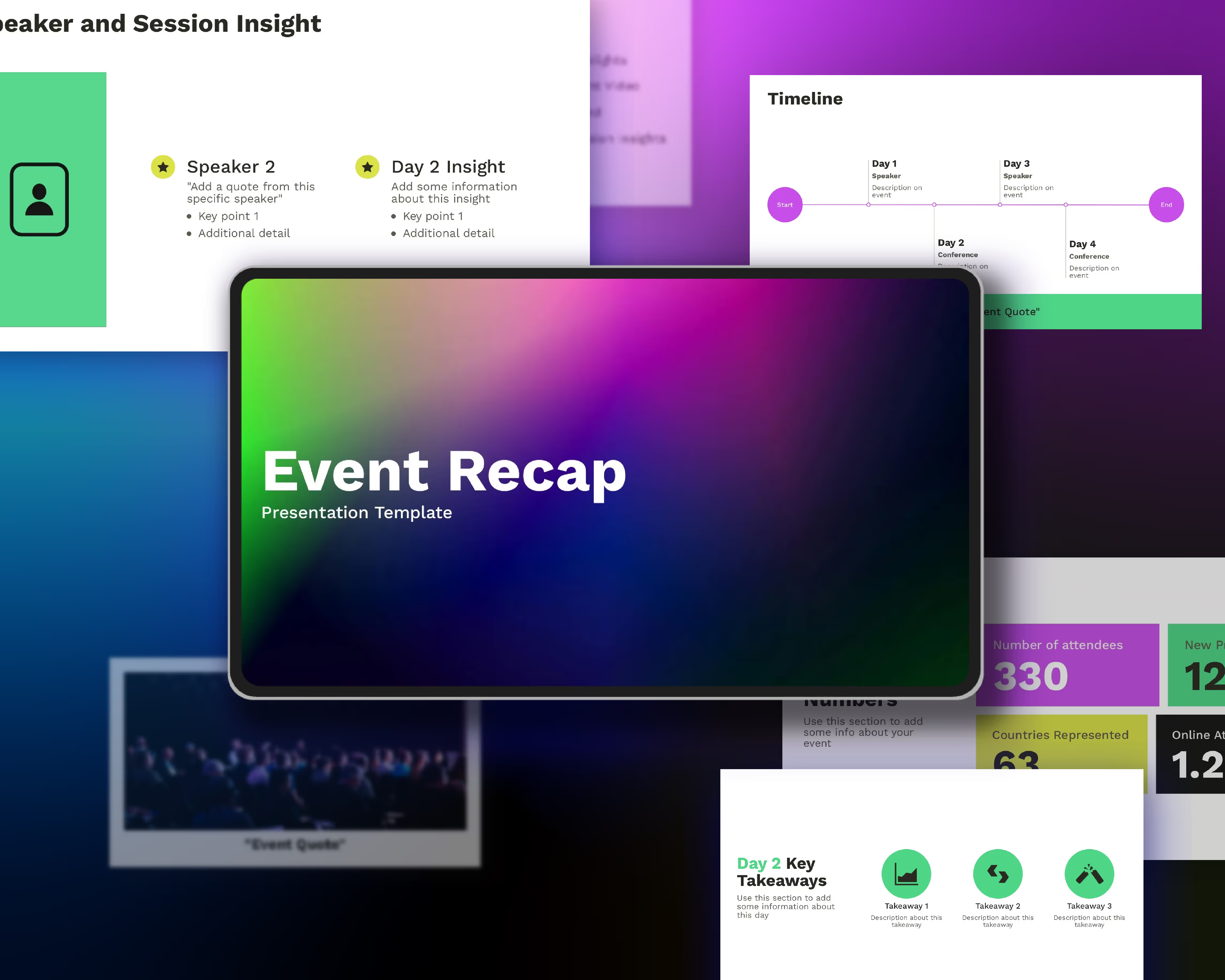
As we rapidly approach the end of a momentous year, businesses large and small are looking toward the next to come. It’s not too late to start planning for 2022 with your team and develop a strategy to achieve your goals. What is the current state of your business? What are your opportunities, and how do you plan on achieving your objectives?
What is business planning?
It’s hard to achieve any goal without a plan, and business certainly is no exception. In fact, effective planning could be considered the foundation of a successful business. Through planning, entrepreneurs, founders, executives and managers organize their goals, priorities and resources to maximize productivity levels, take advantage of opportunities and boost revenue. This team effort can improve practically all aspects of a business.
An effective business plan should address specific issues with clear plans of execution. The plan should include goals and establish metrics by which progress can be measured. The plan should be presented so that all players understand the goals and know what part they play in meeting them. A sample business planning presentation should highlight the plan and cover topics such as:
- Executive summary
- Company description
- SWOT (strengths, weaknesses, opportunities, threats) analysis
- Competitive landscape
- Target market
- Company goals
- Marketing strategy
- Products and services
- Operational plan
- Pricing and revenue
- Financials
- Leadership team
What are the types of business planning?
Businesses rely on different types of planning to achieve various organizational goals. The four primary types of business planning include:
Strategic business planning
A strategic plan defines an organization’s mission and addresses the entire company as a whole. Strategic planning sets overall goals for a business and develops plans to achieve them. Through strategic planning, business leaders and teams focus on the company’s greatest priorities and look toward the long-term goals and future of the organization. Where will the company be in three, five or 10 years? A strategic plan is necessary to define the framework of all lower-level planning.
Tactical business planning
If a strategic plan defines the company’s destination, then a tactical plan provides the roadmap to get there. Tactical planning supports the strategic plan by translating the company’s vision into specific strategies for each area of the organization. What teams are responsible for achieving various objectives, and what tactics will they use to meet those goals?
Operational business planning
Operational business plans are made by front-line teams and focus on specific processes that occur in an organization’s foundational levels. Through operational planning, business leaders define rules, regulations and procedures as they detail even the most routine tasks assigned to their departments. These plans can be for single-use activities or ongoing processes that contribute to the day-to-day operations of the company.
Contingency business planning
How will the organization respond to unforeseen changes? Contingency planning outlines strategic responses to the unexpected. What happens in the event of the business owner’s death? How will the business respond to a disaster? Business contingency plans include processes such as business continuity planning – a system of prevention and recovery from threats to the company – and business succession planning – who will operate the business in the event of the current operator’s death or retirement.
How to crush your 2022 planning with your team
Creating a strong business plan typically involves a team of key players from various areas of the organization, usually led by the head of the company. Teams that design an effective business plan for 2022 will possess the following three important qualities:
Engagement
For a business planning process to meet success, every member of the team must be engaged with the project and work together in pursuit of a common goal. Collaboration is key, and each team member should have the opportunity to contribute. Beautiful.ai’s Teams Plan makes collaboration seamless for teams. Colleagues are able to stay on-brand, access all their decks from a shared library, collaborate remotely and scale their work.
Communication
Effective communication is most important when business planning occurs. Collaboration is vital, and team members can’t stay engaged without information. All team members of all levels should be encouraged to share their ideas. Beautiful.ai Teams Plan members can add comments and notifications to their work, and they even can @mention their teammates so everyone stays on the same page.
Accountability
If engagement and collaboration are vital to business planning success, then every team member must be relied upon to carefully offer ideas and contributions. Even a team’s non-designers can contribute responsibly to the business planning efforts with Beautiful.ai’s Team Templates. Team owners can build presentation templates from which their members can start building their own effective slides. The plug-and-play starter decks ensure everyone contributes presentations of similar structure, elements and key slides.





.gif)
.gif)

